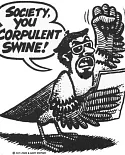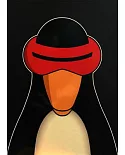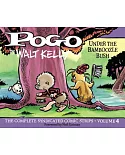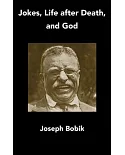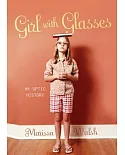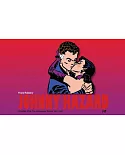I got into medical school by saying I was black. I lied. Honestly, I am about as black as Gandhi. Once upon a time, I was an ethically challenged, hard-partying Indian American frat boy
enjoying my third year of college. That is until I realized I didn’t have the grades or test scores to get into medical school. Legitimately. Still, I was determined to be a doctor and
discovered that affirmative action provided a loophole that might help. The only problem? I wasn’t a minority. So I became one. I shaved my head, trimmed my long Indian eyelashes, and applied
as an African American. Not even my own frat brothers recognized me. I joined the Organization of Black Students and used my middle name, Jojo. Vijay, the Indian American frat boy, became Jojo,
the African American med school applicant. Not everything went as planned. During a med school interview, an African American doctor angrily confronted me for not being black. Cops harassed me.
Store clerks accused me of shoplifting. Women were either scared of me or found my bald black dude look sexually mesmerizing. What started as a scam to get into med school turned into a twisted
social experiment, teaching me lessons I would never have learned in the classroom. I became a serious contender at some of America’s greatest schools, including Harvard, Wash U, UPenn, Case
Western, George Washington, Pitt, Yale, Rochester, Nebraska, and Columbia. I interviewed at 11 schools while posing as a black man. After all that, I finally got accepted into medical school.
Almost Black combines the comic tone of 1986’s Soul Man, starring C. Thomas Howell, Rae Dawn Chong, and James Earl Jones, with the deeply poignant observations of Black Like Me, John Howard
Griffin’s classic. Resembling a mashup of the two works (but far more humorous), the hedonistic frat boy discovered something far more than what he’d bargained for while posing as a black man:
the seriousness, complexities, and infuriating injustice of America’s racial problems. In Black Like Me, Griffin was a white man posing as a black man in the American South, prior to the Civil
Rights Act of 1964. I wasn’t on some intense social mission like he was, but just as Griffin did, I came away changed. Before I finished this book, I stirred a hornet’s nest by telling the
story. It’s been featured on more than 100 media outlets, including CNN, ABC, NBC, FOX, TIME, The Guardian, National Review, Washington Post, Salon, Gawker, VOX, VICE, Complex, Buzz Feed,
Huffington Post, Daily Mail, and Perez Hilton. Many loved it, but not everyone approved of what I did. My college classmate, Tucker Max (I Hope They Serve Beer in Hell), disapproved. My sister,
Mindy Kaling (The Office / The Mindy Project), furiously declared, ?This book will bring shame on our family!” I’ll let you be the judge.





